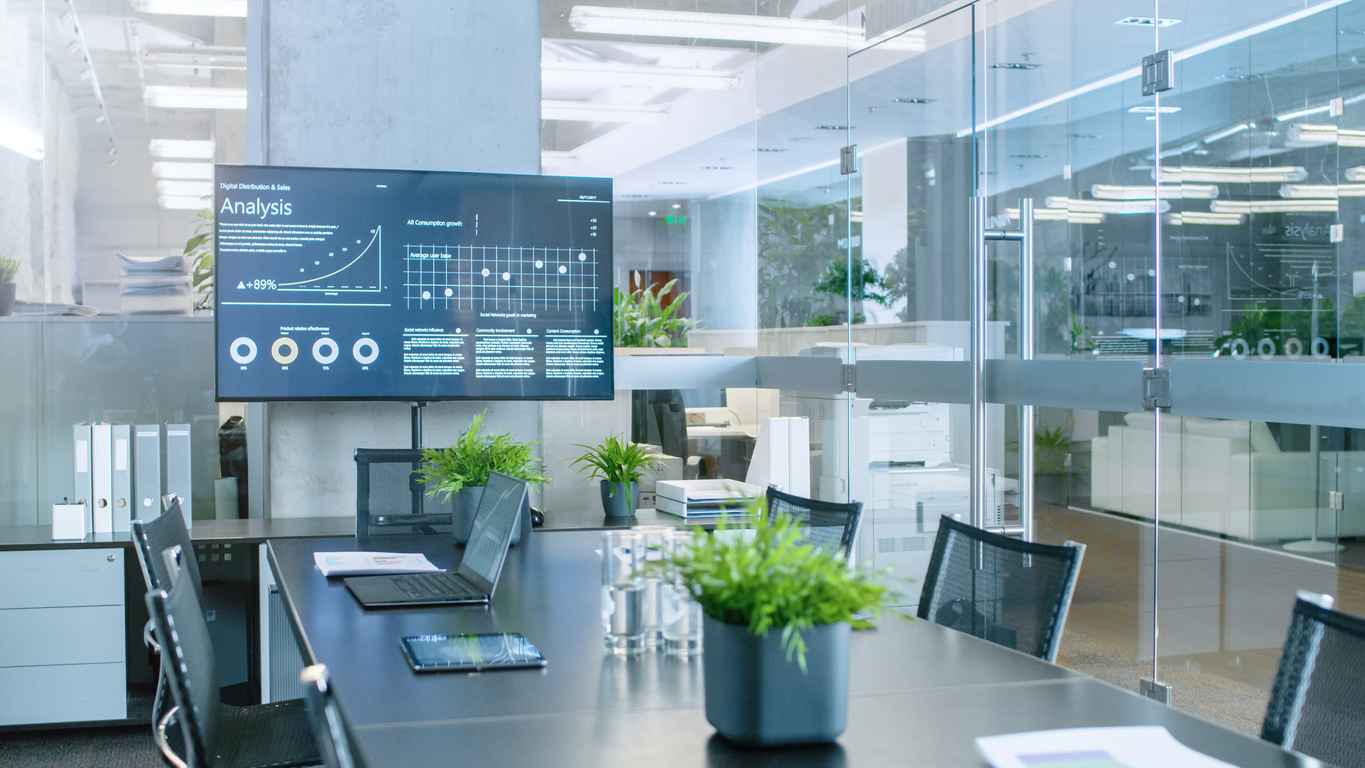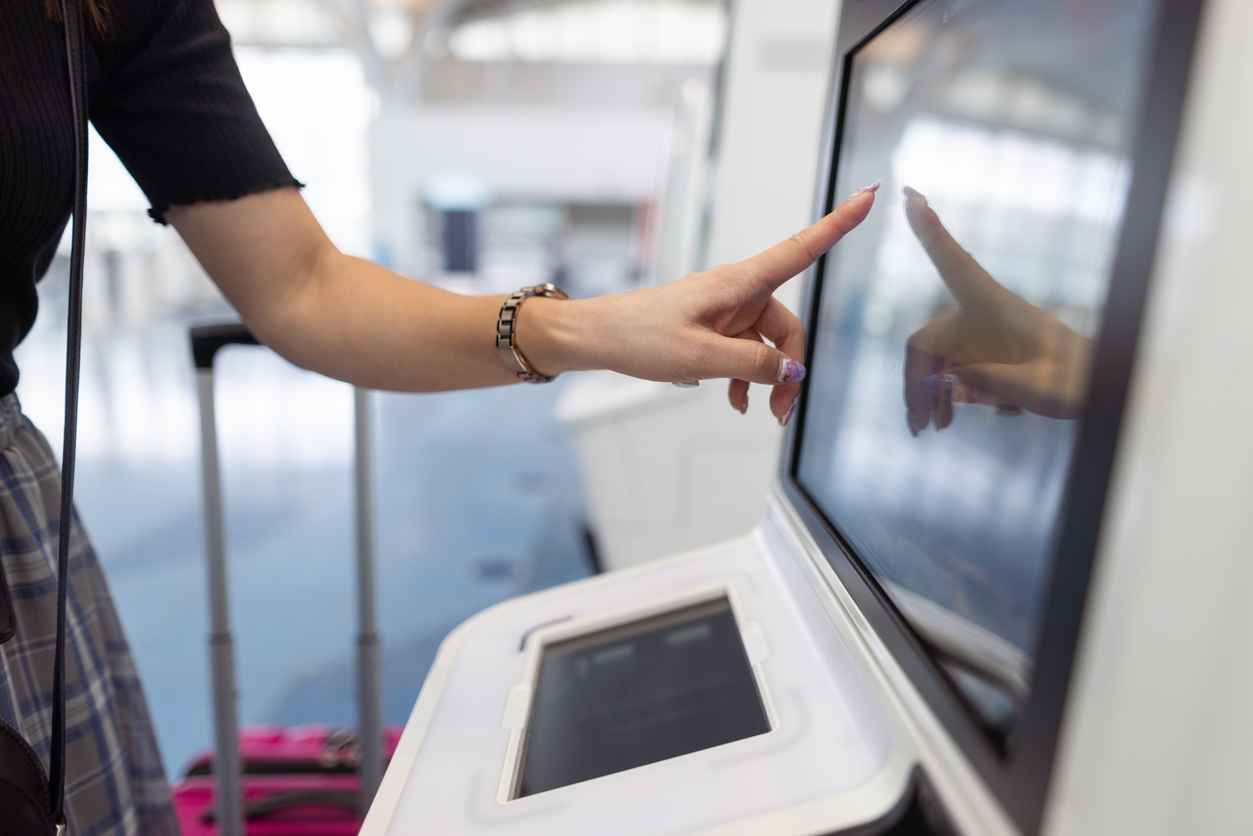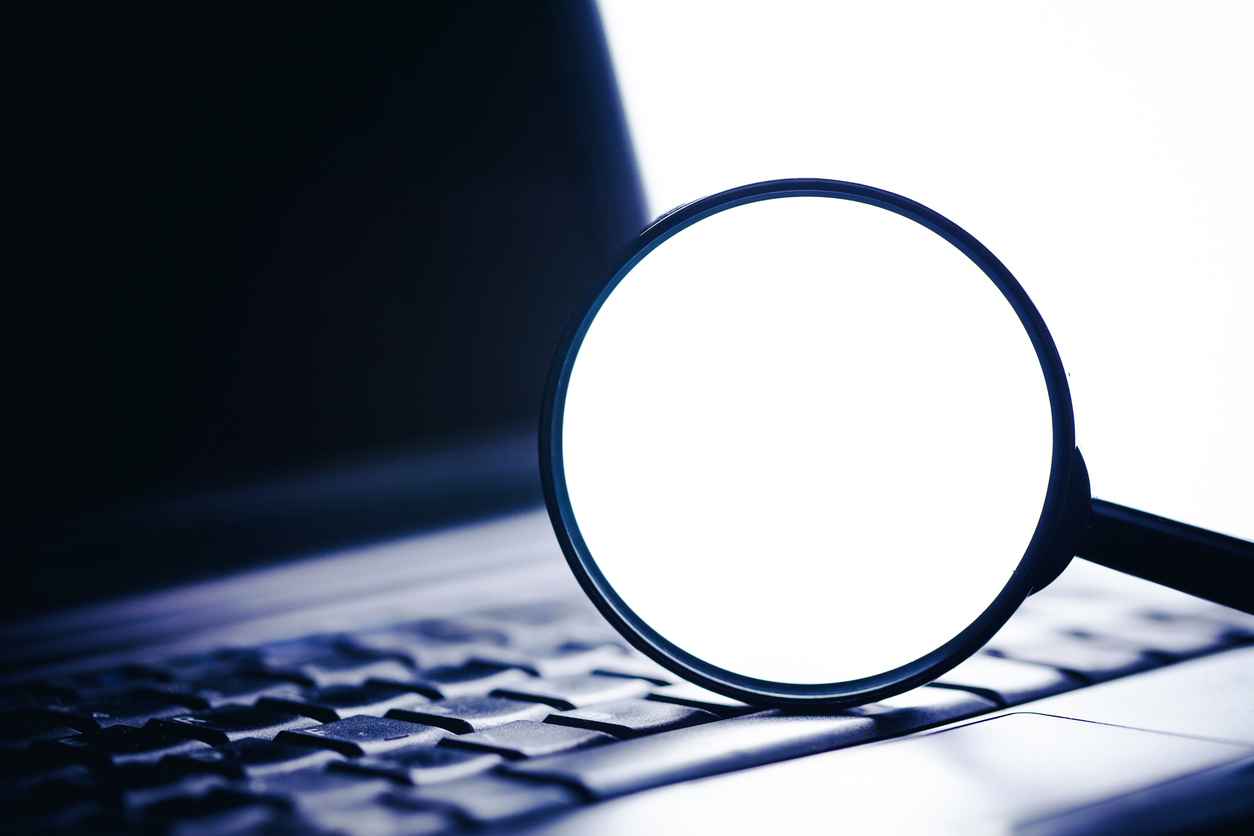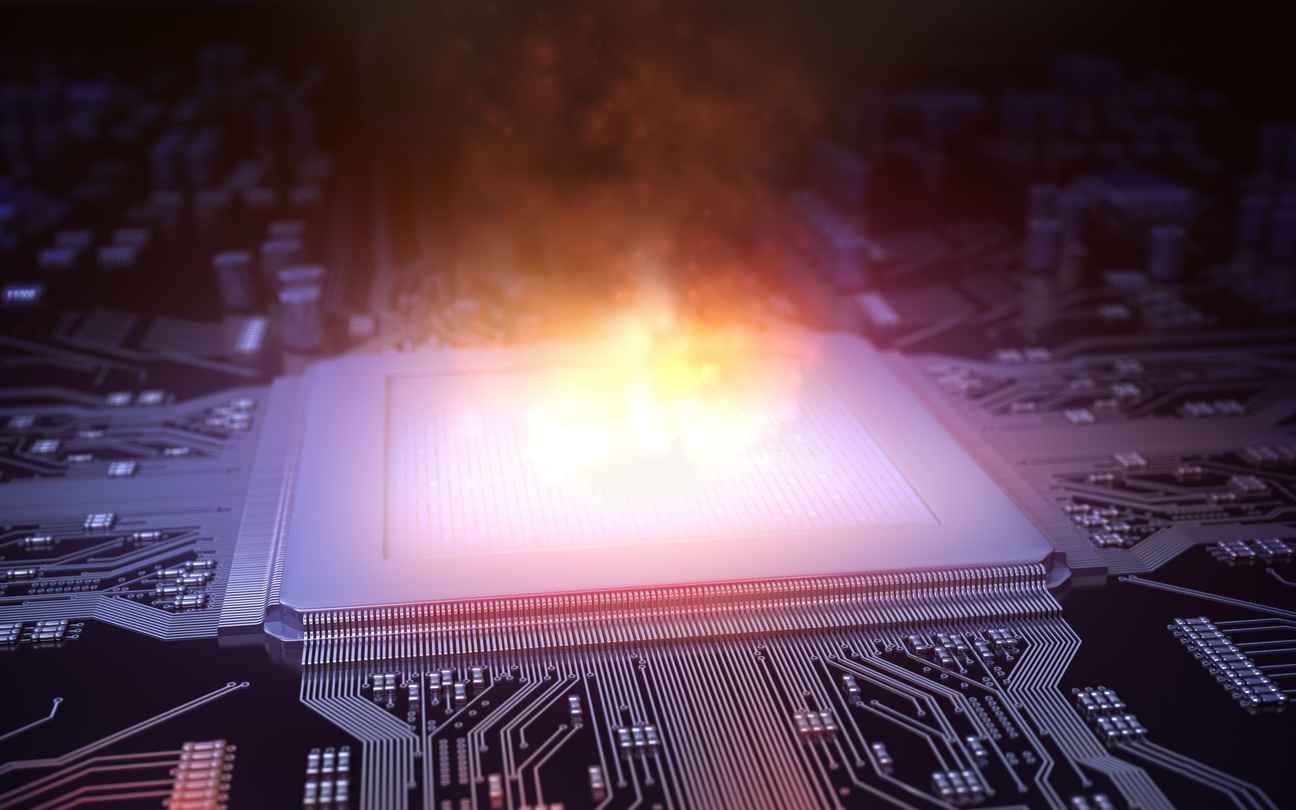
How to Speed Up Your Slow Computer
October 5, 2023
How Can I Improve My Computer’s Speed?
In today’s fast-paced digital world, a slow computer can be a major source of frustration. Whether you use your computer for work, entertainment, or personal tasks, sluggish performance can hinder productivity and cause unnecessary stress. Fortunately, there are several effective ways to breathe new life into your aging or slow computer.
In this blog, the Fortec US team explores seven key strategies to help you speed up your slow computer and enjoy a smoother computing experience.
1. Clean Up Your Hard Drive
Over time, your computer’s hard drive can become cluttered with unnecessary files and programs, which can slow down its performance. To free up valuable disk space and improve speed, start by uninstalling programs you no longer use. Additionally, consider using built-in tools like Windows Disk Cleanup (for Windows users) or third-party software to remove temporary files and clean up your hard drive.
2. Upgrade Your Hardware
If your computer is several years old, its hardware may be outdated and unable to keep up with modern software demands. Consider upgrading key components like RAM (Random Access Memory) and your hard drive or solid-state drive (SSD). More RAM can help your computer handle multiple tasks simultaneously, while an SSD can significantly improve boot times and overall system performance.
3. Manage Startup Programs
Many programs automatically start when you boot up your computer, consuming valuable system resources. You can speed up your computer’s startup time by disabling or delaying unnecessary startup programs. On Windows, you can use the Task Manager to manage startup programs. On macOS, you can do this through the System Preferences > Users & Groups > Login Items.
4. Keep Your Software Updated
Outdated software, including your operating system, drivers, and applications, can lead to compatibility issues and performance problems. Regularly update your software to ensure that you’re running the latest versions with bug fixes and performance improvements.
5. Scan for Malware and Viruses
Malware and viruses can hijack your computer’s resources, causing it to slow down or behave erratically. Install reputable antivirus software and run regular scans to detect and remove malicious programs. Also, be cautious when downloading files or clicking on links from unknown sources.
6. Optimize Your Browser
If you spend a lot of time online, your web browser may be a significant contributor to your computer’s slowness. Clear your browser’s cache and cookies regularly, and consider using browser extensions to block ads and improve performance. You can also use a lightweight browser for faster web browsing.
7. Disable Visual Effects
Modern operating systems often include visual effects and animations that can make your computer look appealing but consume system resources. Turning off these effects can result in a noticeable improvement in overall system speed. On Windows, you can adjust these settings through the Performance Options in System Properties. On macOS, go to System Preferences > Accessibility > Display and check the “Reduce motion” option.
Contact Us Today to Learn More About Our Custom Digital Screen Solutions!
As the global leader in optical bonding, Fortec US supports you in all project phases – from the construction of the metal housing and procurement of specific parts to the in-house development of controller boards and touchscreen integration. In need of a product, part, or have a project in mind? Contact us today at (631) 580-4360 or on our website for more information.
Make sure to follow us on Facebook, LinkedIn, and Twitter!

Leveraging IoT for Business Efficiency and Innovation
July 3, 2024

Custom Optical Bonding Solutions for Unique Display Requirements
July 1, 2024

Choosing the Right Touchscreen Monitor for Your Business
June 27, 2024

The Impact of Touchscreen Technology on Workplace Efficiency
June 4, 2024

The Cost-Effective Benefits of Optical Bonding
June 4, 2024

How Heat Affects Your Electronics
May 31, 2024

